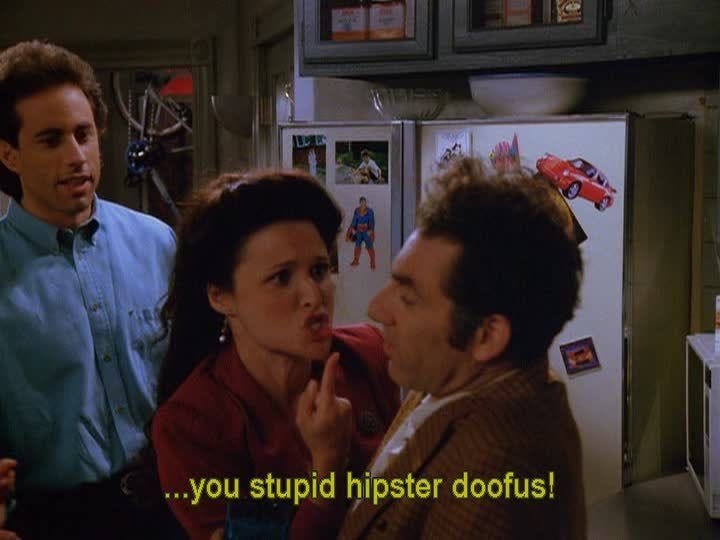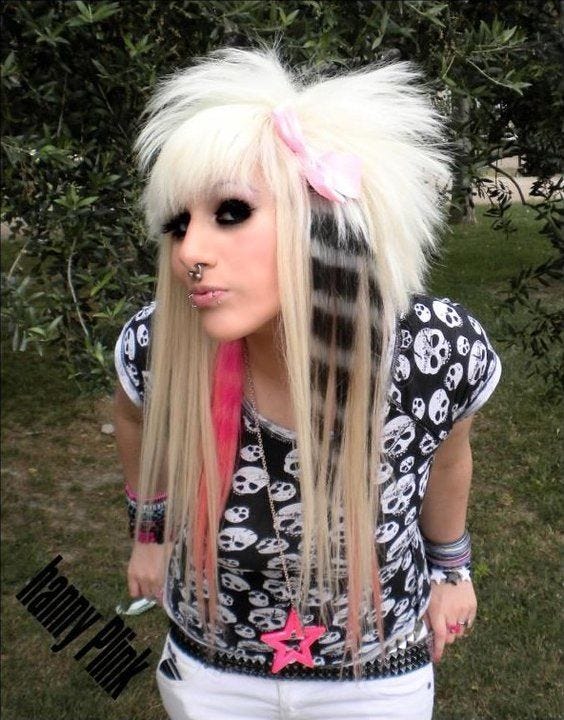Unitarian Universalists (UUs) are often criticized for jumping on the latest trends, particularly in the realm of progressive social justice. This sentiment is echoed by many UU congregants, including some at my congregation, and by several veteran ministers.
Like a cliché of modern social media activism, the Unitarian Universalist Association (UUA) and many congregations enthusiastically promote the latest progressive and postmodernist trends: from Black Lives Matter and Progressive Pride flags to Ibram Kendi’s How to Be an Antiracist, Robin DiAngelo’s White Fragility, Tema Okun’s work on “whiteness”, fat liberation, and the latest jargon like “Latinx,” “intersectionality,” and “BIPOC.”
At my congregation, there’s the obligatory performative display of BLM and Progressive Pride signs above the front door, and land acknowledgments at the start of every service, board meeting, and congregational meetings. During a service, there was a line dance with everyone in silly costumes to promote postmodern gender ideology. Whatever the latest postmodern social justice idea you hear about on Twitter or college campus, you’ll likely see it promoted with fervor and fanfare within UU circles.
.
The reasons behind this
The Unitarian Universalist tradition has a long history of being at the forefront of social justice and progressive politics, from advocating for abolition to becoming the first American denomination to officiate gay marriages. This commitment is admirable, but it also means that UU tends to embrace any progressive or social justice trend, idea, or slogan that, while often ephemeral and sometimes dubious, appears to be "cutting edge." This tendency sometimes leads the denomination into fringe, extreme, or faddish territory.
UU is a pluralistic faith, tolerant of a wide variety of beliefs and practices. With no theological dogma, it openly welcomes people of diverse backgrounds, from Christians to Pagans, Muslims to atheists. This openness attracts free thinkers and people with a wide diversity of beliefs, and within UU congregations, you’ll find witches, communists, anti-capitalists, believers in aliens and ghosts, New Age practitioners, and more. While this inclusivity and tolerance of unconventional views are among UU’s strengths, it also means that the denomination and congregations host fringe and eccentric viewpoints, and attract oddballs and social misfits.
The church has no core theological beliefs, which often leads to its focus being centered on progressive politics. A common criticism these days, even within the UU community, is that the national organization resembles a political action committee more than a religion.
In his article “The High Church of Wokeism”, Jewish philosopher Joseph M. Keegan wrote, “The UU attitude toward issues as diverse as immigration, environmentalism, disability, and even economics follows this same pattern. Whatever progressive response to a given cultural dispute is treated as dogma and given the imprimatur of truth through its promotion by an organization considered a ‘religion,’ despite the near-total absence of any genuine religious content to its activities. The German political theorist Carl Schmitt famously said that all modern political thought occurs through ‘secularized theological concepts.’ Unitarian Universalism does it backwards: Instead of secularizing theology into politics, it has attempted to consecrate liberal politics into a theology.”
.
The Problems with this
While often rooted in good intentions, many of the "cutting-edge" ideas promoted by the UUA and many UU leaders have been both nonsense and ultimately destructive.
For instance, demonizing science or math as racist and labeling logic as "a tool of white supremacy" are harmful to minorities. Rather than turning minorities away from science, math, and logic, they should be encouraged to engage in these fields.
Repeated academic studies have shown that the shame and blame approach promoted by Robin DiAngelo in White Fragility hurts organizational racial diversity efforts. Tema Okun has said that UU activists have badly misinterpreted and misused her work on "Traits of White Supremacy Culture." Many progressive positions, such as defunding the police, go against the views of many minority communities and ultimately alienate them from UU.
Why Robin DiAngelo-style anti-racism trainings are counterproductive
Tema Okun decries the misuse of her ‘Characteristics of White Supremacy Culture’ list
The Consequences of Ignorance and False Assumptions in Activism
.
Many of these practices are performative and virtue-signaling
A common criticism of UU actions, such as hanging a BLM banner, posting a Twitter hashtag or Facebook meme, or making land acknowledgments, is that they amount to performative activism without any real follow-through. Fixating on ideological purity and word policing does nothing for minorities in need. As Barack Obama said, "That's not activism. That’s not bringing about change."
While volunteering with a program providing food and clothes for the homeless, I was called out twice by outsiders for using the phrase "feeding the poor." I noted their objections and decided to use another phrase, but remarked to the program’s organizer, "I noticed that the people who object to 'feeding the poor' aren't the ones feeding the poor." She chuckled knowingly and said, "The volunteers are too busy doing the work."
In the below link, University of Chicago professor Jerry Coyne writes about the empty virtue signaling that are most land acknowledgments: “If ‘wokeness’ is in some sense equivalent to ‘making useless performative gestures that at the same time show what a good person you are,’ then land acknowledgments are its apogee.”
“The On Being Project is located on Dakota Land” – by Jerry Coyne
.
Fringe and counterproductive ideas have become sacred cows
There’s nothing wrong with Unitarian Universalists exploring new and unconventional ideas. The issue arises when national UU leadership, ideologues, and ministers present these narrow and often eccentric views as "absolute truth" and dogma while ostracizing and demeaning those who hold different perspectives.
At my congregation, several longtime social justice activists—people who genuinely did the work, got things done, and lived the values for decades—found themselves alienated when they expressed dissent on these emerging theories. They were dismissed by social justice ideologues as uneducated or condescendingly told, “We know better now.” As this self-righteous trend became evident both at the congregational and national levels, it drove them away from the church altogether and they quit the congregation.
My late mother, a pioneering feminist and advocate for Indigenous justice, voting rights, immigrants, and the homeless, spent decades working tirelessly in these areas, including helping to pass legislation. She was dumbfounded by the crackpot theories presented as "unquestionable truths" at her UU congregation, and by the fact that UUs were ad hominem attacked as “fragile,” “racists,” and “upholders of white supremacy” just for offering different perspectives or experiences. Ultimately, she left the congregation and the church, took her activism and charity work with her, and said she was embarrassed to admit she had ever been a UU.
This kind of divisiveness and alienation of members not only harms the church but also undermines the cause of social justice in UU by driving away people who have long been committed to and with great experience in this effort.
.







David, thanks for quoting this: "Unitarian Universalism does it backwards: Instead of secularizing theology into politics, it has attempted to consecrate liberal politics into a theology.” I like this language, and it is the primary reason I left the UUA after 20 years a member: the transformation of a "church" into one huge political action committee.
Good piece, David. But I'd amend one statement: "This openness attracts free thinkers and people with a wide diversity of beliefs..." As you know, that openness for the last couple of decades has not applied when one's beliefs could be considered politically conservative or (gasp!) Republican.